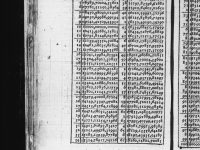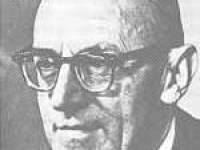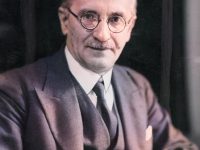The Marquis de L’Hôpital and the Analysis of the Infinitely Small
On February 2, 1704, French mathematician Guillaume François Antoine, Marquis de L’Hospital or L’Hôpital passed away. L’Hôpital wrote the first textbook on calculus Analyse des infiniment petits pour l’intelligence des lignes courbes (Analysis of the infinitely small for the intelligence of curved lines, 1st ed., 1696, 2nd ed. 1715), which consisted of the lectures of his teacher Johann Bernoulli.[2] Guillaume de L’Hôpital – Early Years Hôpital came from a distinguished noble family.…
Read more










